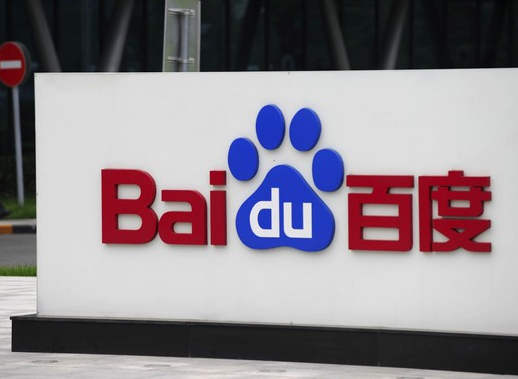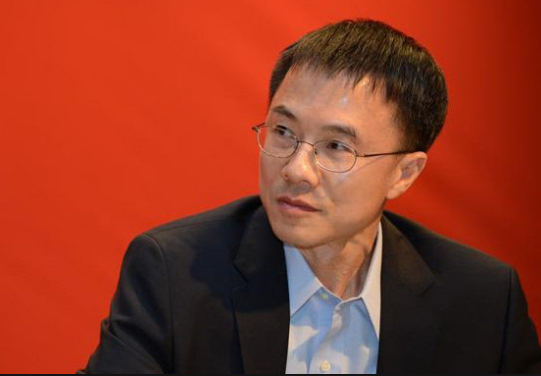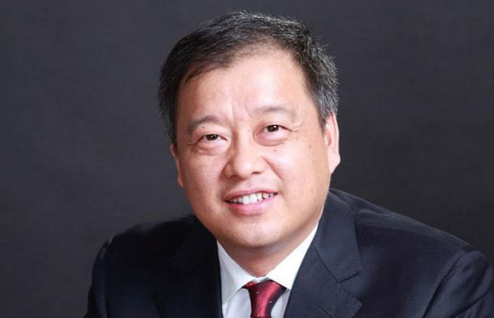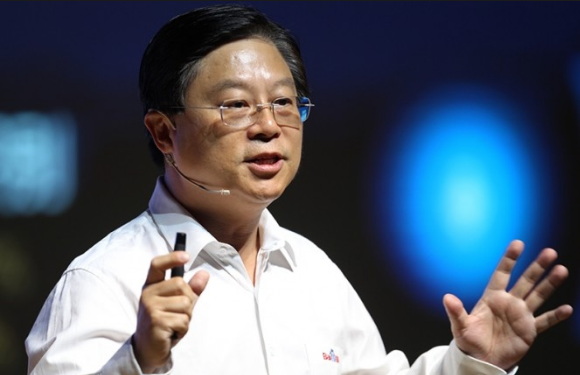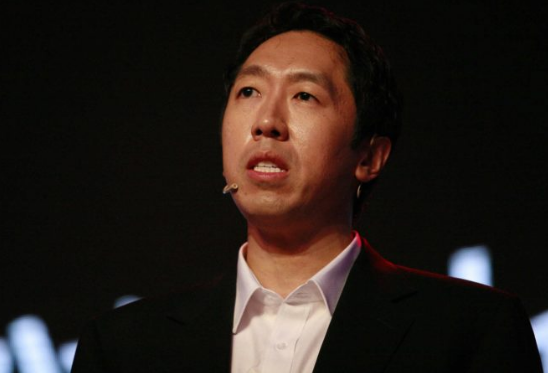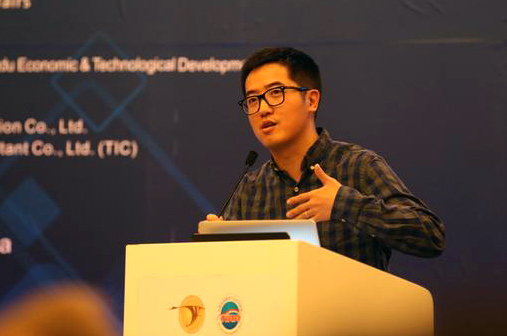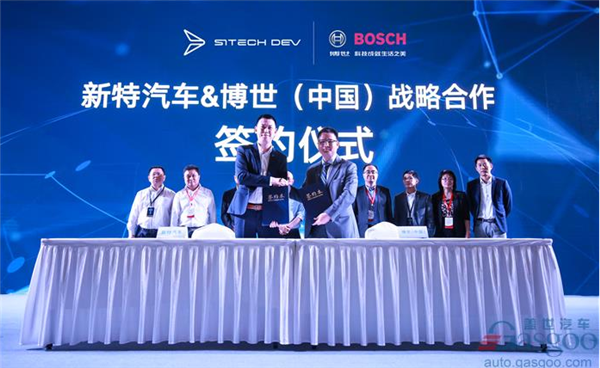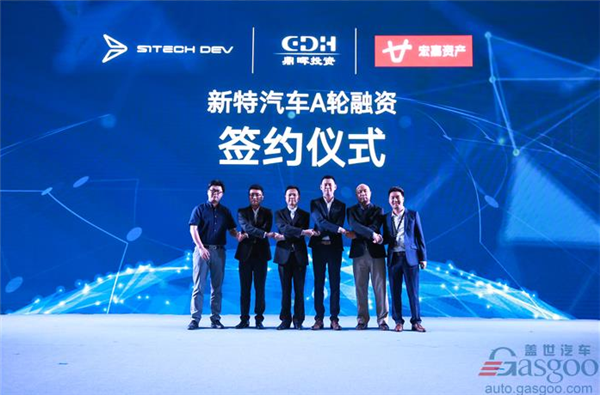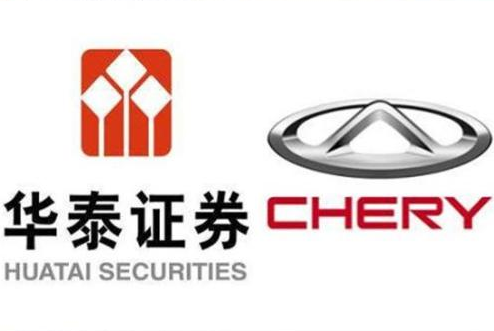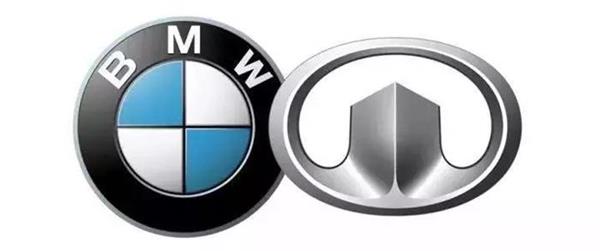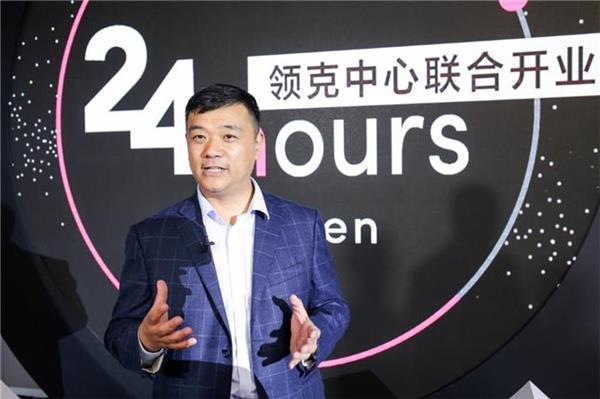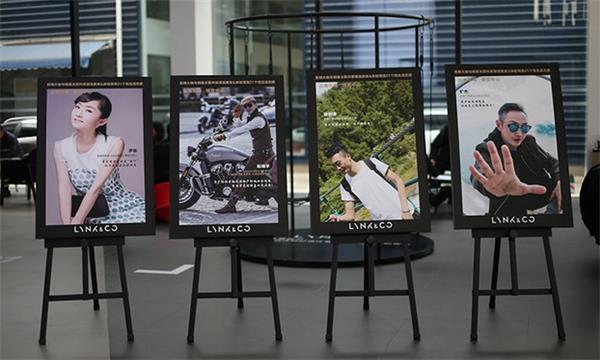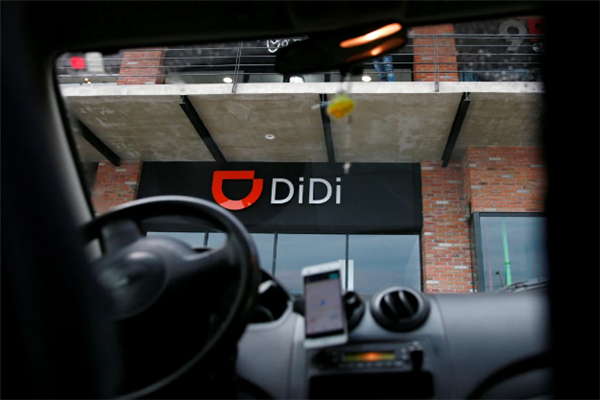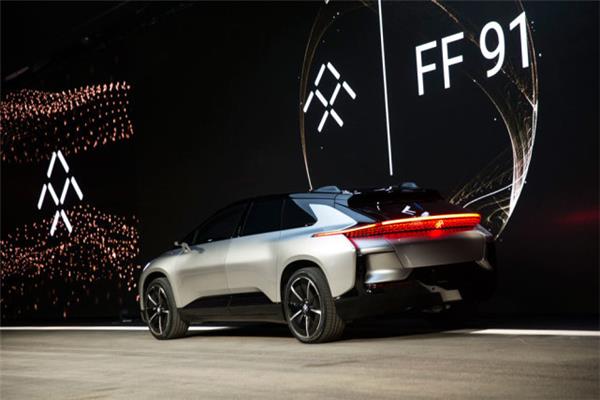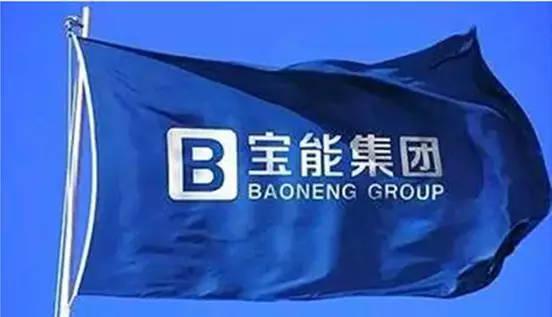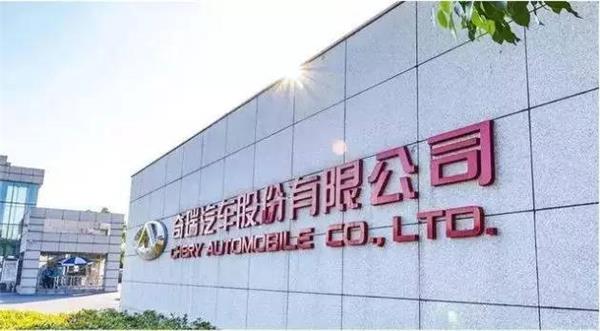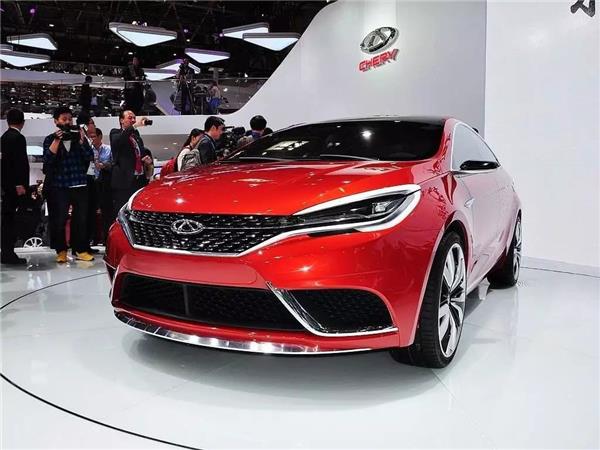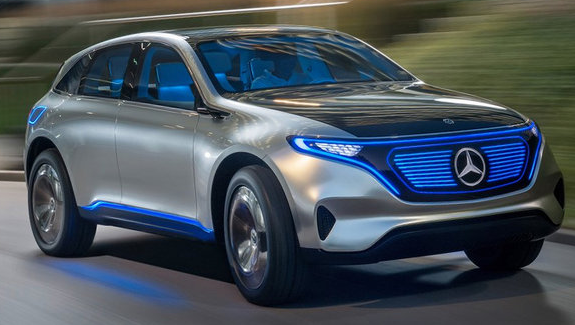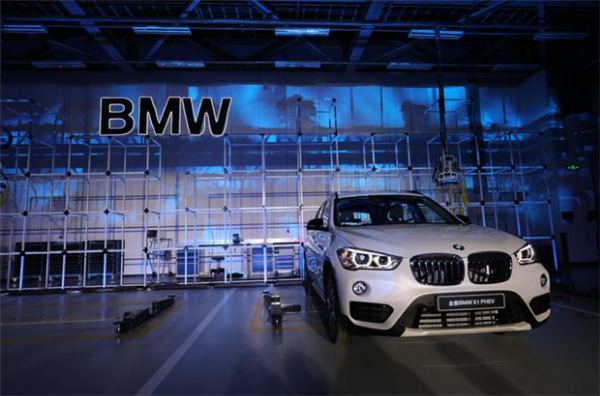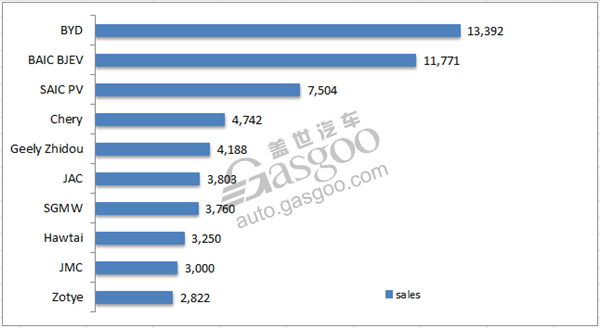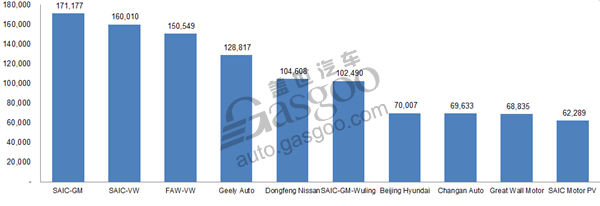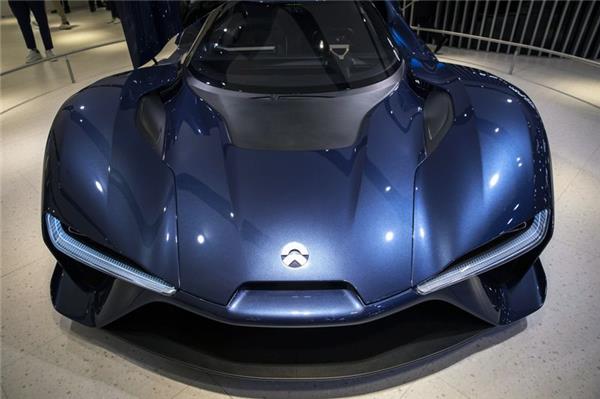
Shanghai (Gasgoo)- China EV startup NIO held an opening ceremony for its first Shanghai-based NIO House on May 26. By far, five NIO Houses have opened up in Beijing, Guangzhou, Nanjing and Shanghai.
Qin Lihong, co-founder and president of NIO attended the ceremony and answered several questions that confused the public. In terms of its cooperation modes with other automakers, Qin Lihong said that NIO has two major cooperation modes. One is a deep strategic cooperation mode with JAC, which is mainly embodied in vehicle manufacturing. For example, in order to manufacture NIO's models like the ES8, JAC has invested several million yuan in building an all-new manufacturing factory, which is planned to have a full production capacity of 100,000 units.
Another cooperation mode is called joint establishment that both parties will establish an all-new enterprise with same investments, but may not focus on NIO brand. Take GAC NIO as an example. The new enterprise will have different brand, products and customer services from NIO and GAC, but can share NIO and GAC's resources in R&D, parts supply system, logistics and IT. In addition, both parties will incubate other teams based on the new enterprise's platform.
As to the process of factory manufacturing, JAC and NIO's factory has started operation in October, 2017. At first, the factory started to manufacture test models, and then embarked on producing models at a small scale. By the end of May, the factory began large-scale mass production. The production capacity is slated to reach 10,000 units by the end of this year.
When it comes to the specific delivery data of the NIO ES8, Qin Lihong said the delivery is just in the corner, but the specific date hasn't been determined yet. Qin Lihong also added that NIO House pays much emphasis on customer experience. 80% space of NIO House will be applied into customer experience, while the rest 20% will be used to show off NIO's models. Well-maintained facilities and customer satisfaction embody NIO House's most distinctive characteristics.
Qin Lihong said that NIO boasts abundant of funds to afford its operation. Reportedly, the Tencent-backed EV startup submitted an initial confidential filing with the U.S. Securities and Exchange Commission, and the share sale is likely to raise around $2 billion. However, the size of the deal may change.
All Rights Reserved. Do not reproduce, copy and use the editorial content without permission. Contact us: autonews@gasgoo.com.
- Install Gasgoo APPAnytime and anywhere to know the dynamics of China's auto industry

- 1BYD, Daimler to invest RMB 800 million in Denza
- 2Geely launches new energy strategy
- 3BYD Yuan EV360 goes on sale with price starting from RMB 79,900
- 4EV startup Sitech cooperates with Bosch in AVP, ends over $ 100 million A round financing
- 5What are those Baidu ex-big names in autonomous driving doing now?

